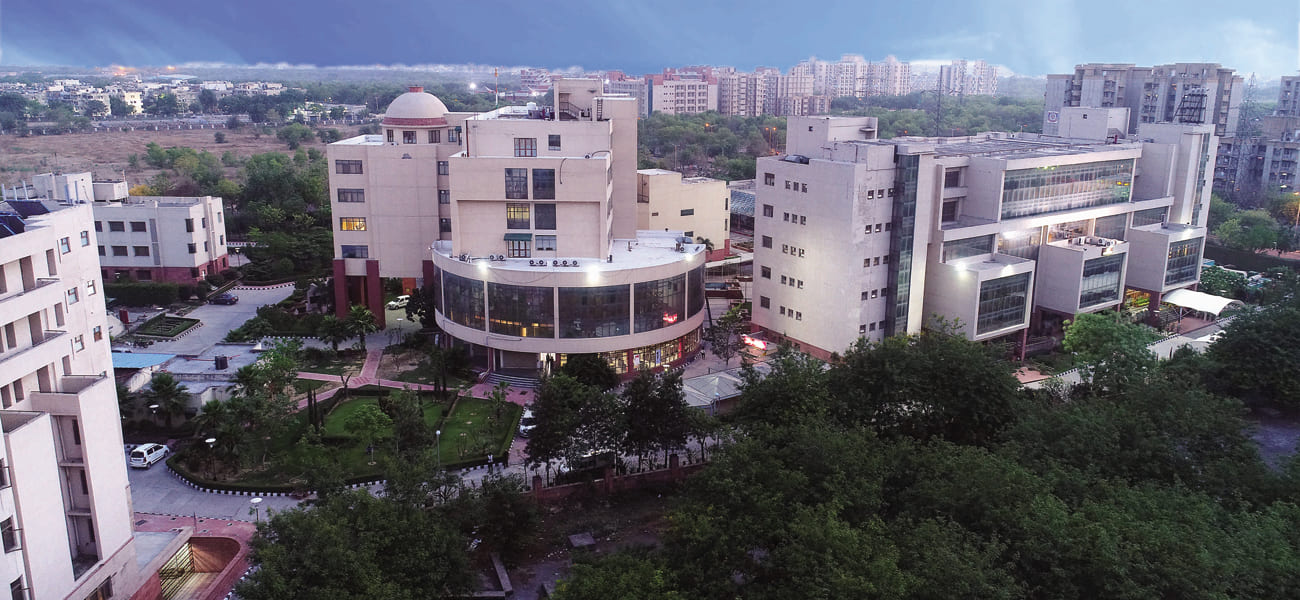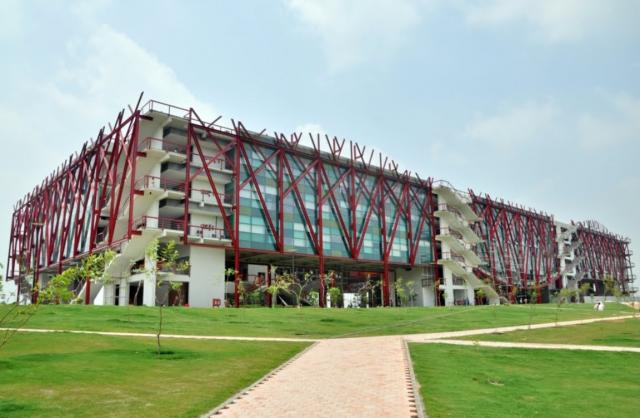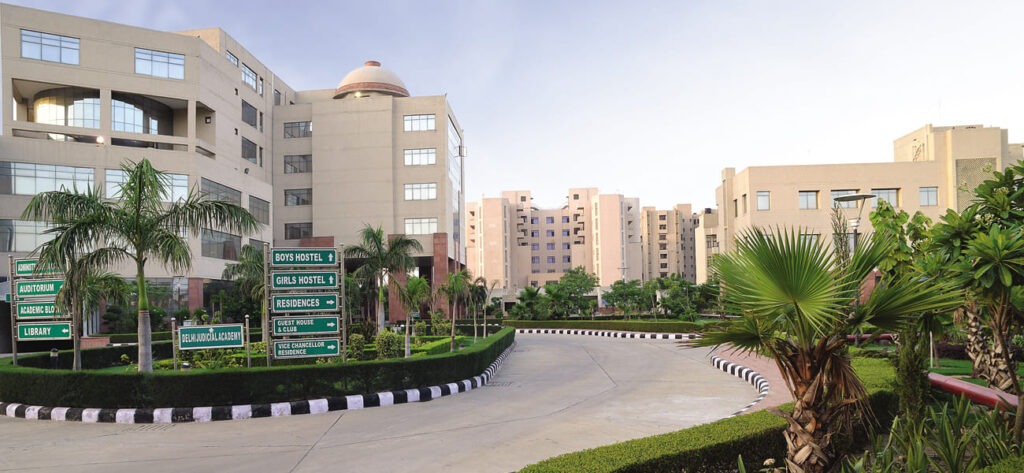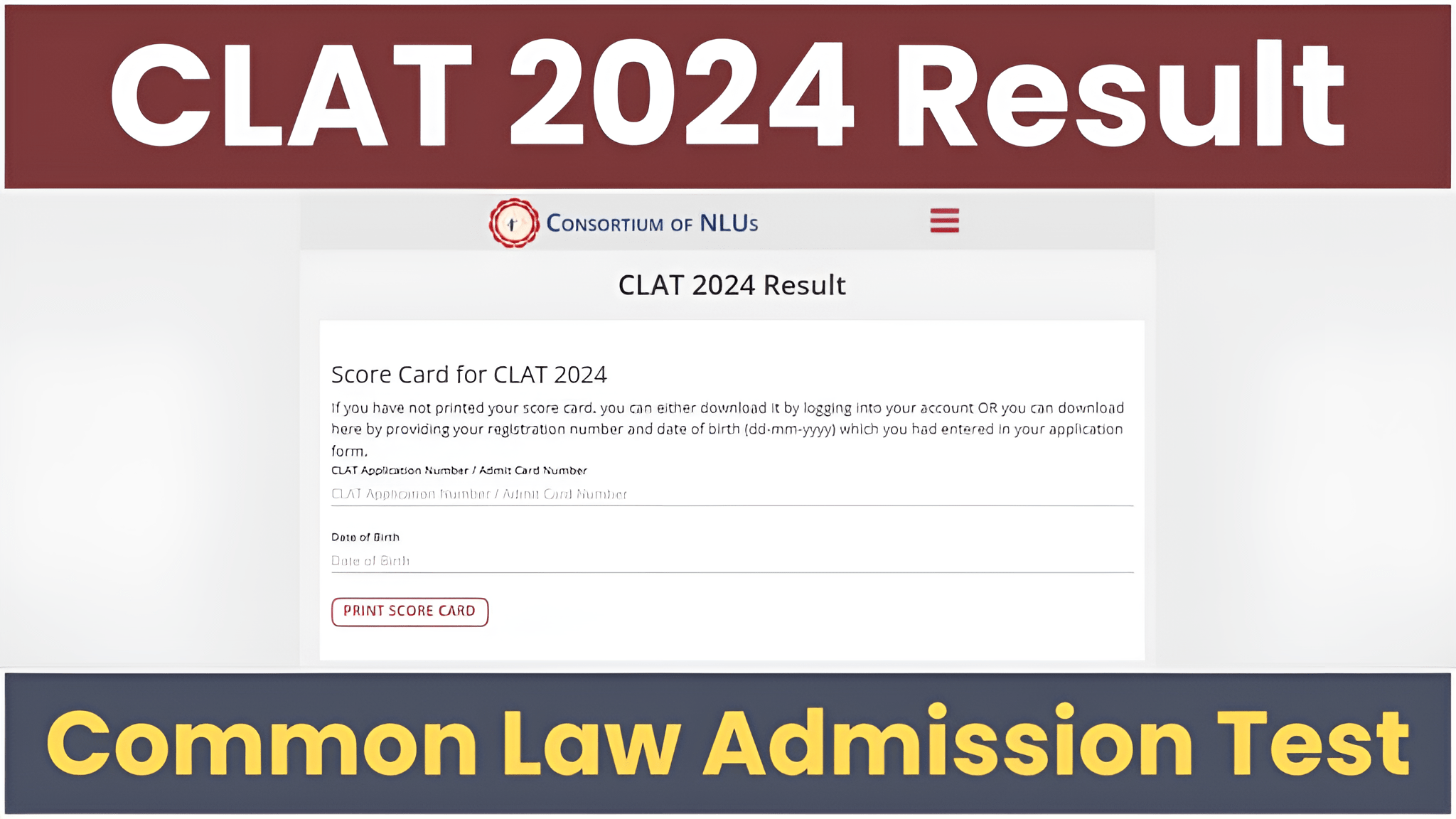Government Announces 1,18,137 MBBS and 73,157 Postgraduate Medical Seats for 2024-2025
Government Announces 1,18,137 MBBS and 73,157 Postgraduate Medical Seats for 2024-2025
India’s medical education sector continues to expand, offering a wealth of opportunities for aspiring doctors. In a recent update provided by the Union Minister of State for Health, Smt. Anupriya Patel, the government revealed the availability of a total of 1,18,137 MBBS seats and 73,157 postgraduate (PG) medical seats across the country for the academic year 2024-2025. This marks a significant increase in the number of seats compared to previous years, reflecting the government’s commitment to expanding healthcare education.
Medical Seats in India
MBBS Seats
India now boasts 1,18,137 MBBS seats in total, with the following distribution:
- Government Medical Colleges: 60,422 seats
- Private Medical Colleges: 57,715 seats
Among the states, Karnataka leads the nation in MBBS seat availability with 12,545 seats, followed by Uttar Pradesh with a significant number of medical colleges (86 in total) but fewer seats per college compared to Karnataka.
Postgraduate Medical Seats
For postgraduate courses, there are 73,157 seats available across a variety of disciplines, including:
| Category | Number of Seats |
| MD/MS (Doctor of Medicine / Master of Surgery) | 57,866 |
| DNB (Diplomate of National Board) | 11,472 |
| FNB (Fellow of National Board) | 590 |
| Post MBBS Diploma | 3,229 |
Karnataka once again holds the largest share of postgraduate seats, with 6,906 seats, followed by Maharashtra (6,348 seats) and Tamil Nadu (5,339 seats).
State-Wise Distribution of Postgraduate Seats
| State/UT | PG Medical Seats |
| Karnataka | 6,906 |
| Maharashtra | 6,348 |
| Tamil Nadu | 5,339 |
| Andhra Pradesh | 3,652 |
| Uttar Pradesh | 4,671 |
| Kerala | 2,006 |
| West Bengal | 2,158 |
| Delhi | 2,938 |
| Puducherry | 1,076 |
| Rajasthan | 3,602 |
| Gujarat | 3,120 |
| Haryana | 958 |
| Madhya Pradesh | 2,587 |
| Odisha | 1,257 |
| Bihar | 1,356 |
| Chhattisgarh | 589 |
| Assam | 742 |
| Jammu & Kashmir | 657 |
| Punjab | 821 |
| Tripura | 97 |
| Telangana | 3,346 |
| Uttarakhand | 1,914 |
| Goa | 149 |
| Chandigarh | 607 |
| Manipur | 255 |
| Meghalaya | 37 |
| Sikkim | 34 |
| Dadra & Nagar Haveli | 10 |
Other states, such as Assam, Bihar, and Odisha, have relatively fewer postgraduate seats, though still contribute to the overall growth of medical education in the country.
Government Quota and All India Quota (AIQ)
As part of India’s medical education framework, a significant portion of seats are filled through government-sponsored quota systems:
- 15% of MBBS seats and 50% of PG seats in government medical colleges are filled through the All India Quota (AIQ).
- The Deemed Universities also participate in the AIQ system, with all of their seats allocated through this national quota.
- Additionally, 15% of the total AIQ seats in deemed universities are reserved for Non-Resident Indians (NRIs).
This system ensures that students from all over India, regardless of state domicile, have access to prestigious medical institutions across the country.
Puducherry Medical Seats for Academic year 2024-25
Puducherry, a Union Territory, offers an interesting case when it comes to seat allocation. For the academic year 2024-2025, the following seats are available under the AIQ for medical courses:
| Category | Institution | Number of Seats |
| MBBS Seats | Indira Gandhi Medical College & Research Institute | 37 |
| Sri Lakshmi Narayana Institute of Medical Sciences (Deemed University) | 250 | |
| Aarupadai Veedu Medical College and Hospital (Deemed University) | 150 | |
| Postgraduate (PG) Seats | Sri Lakshmi Narayana Institute of Medical Sciences (Deemed University) | 63 |
| Indira Gandhi Medical College & Research Institute | 27 |
The Indian government is actively working towards increasing the number of medical seats in the country to meet the growing demand for healthcare professionals. The National Medical Commission (NMC) plays a key role in regulating medical education and approving new medical colleges or increasing existing capacities.
While the data for 2024-2025 is already available, it is worth noting that the final number of seats may fluctuate based on the approval or withdrawal of permissions for new colleges or seat expansions.






























